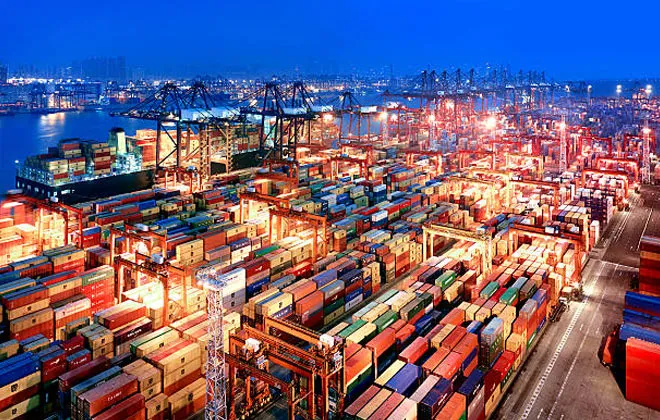-
CENTRES
Progammes & Centres
Location
Political interest in the deal is high, but bureaucratic hurdles won’t be easy to jump over

For India, this is a time to establish its credentials as a reliable trading partner. The perception that it is difficult to do business with India has done great damage to India’s credibility as a rising power. Without adequate capabilities to attract other economic players, India will remain marginal to the global economic order. This is something that Indian policy makers seem intent on rectifying as the allure of China dims for the western nations. For the EU, China was the focal policy of attention for the last several decades as Brussels proudly proclaimed that it was not in the business of geopolitics. With China now being seen as a “systemic challenger” to the EU, there is a new keenness to build a robust partnership with New Delhi. During EU president Ursula Von der Leyen’s visit to India in April, the two sides agreed to launch a shared trade and technology council even though she underscored for New Delhi the importance of shifting from “dependency on Russian fossil fuels.” The EU-India Trade and Technology Council is aimed at tackling “challenges at the nexus of trade, trusted technology and security, and thus deepen cooperation in these fields between the EU and India.” The EU is now looking at the Indo-Pacific with a new sense of importance and India is at the heart of this realignment. In the words of Von der Leyen, “For the European Union, the partnership with this region is one of our most important relationships for the coming decade, and strengthening this partnership is a priority for the European Union.” Indian policy makers are keen to make the most of this unprecedented opening in bilateral relationship. Given New Delhi’s perception in the West as reliable and trusted partner, this is a moment to push for the FTA to secure long term economic objectives. This year began with India signed the historic Comprehensive Economic Partnership Agreement (CEPA) with the UAE in February. This was followed by an “early harvest” trade pact with Australia in April that is likely to enter into a full FTA by end of 2022. India and the UK have also announced their intention to have a comprehensive free trade agreement by Diwali this year. New Delhi has now shown a new inclination to move forward with the India-EU trade talks as well. Commerce and Industry Minister Piyush Goyal made it clear that “all cards are on the table and we are coming with an open heart and an open mind... Agreements do not have to always be about gain or demands, I think agreements also have to be which is good for both negotiating teams and for the people.”The EU-India Trade and Technology Council is aimed at tackling “challenges at the nexus of trade, trusted technology and security, and thus deepen cooperation in these fields between the EU and India.”
After India’s rejection of the Regional Comprehensive Economic Partnership (RCEP), India’s friends and partners have been asking New Delhi to up its economic game in the Indo-Pacific and beyond. The shock of Covid also alerted India and the rest of the word to reduce their dependence on China as global supply chains got disrupted to an unprecedented degree, alerting the world to the problems that are likely to emerge if no remedial measures are taken. The strategic logic of trade pacts among like-minded countries is a reality that is shaping global politics today. And Modi government’s push to strengthen the domestic manufacturing base through its “Make in India” campaign will only succeed if New Delhi is able to enhance its global trade profile. The India-EU FTA in this scheme of things has the potential to be a game changer. And India will have to go much beyond what it has so far done with the UAE and Australia. The EU is an economic giant - the world's third-largest economy by gross domestic product. It is India’s largest trading partner and investor as well as its primary source of cutting edge technology. While the political interest in getting this deal done is high, bureaucratic hurdles remain and won’t be easy to overcome. Divergences galore from restrictive visa regime for professionals and tariffs on spirits and dairy products from the EU to data localization and European regulatory frameworks. There is likely to be a political temptation to conclude an “early harvest” agreement but it would be much more beneficial if New Delhi can conclude a comprehensive FTA with the EU, cementing its burgeoning strategic partnership with one of the most critical global economic players. India’s march to a $10 trillion economy by the end of the decade depends on such outcomes.The shock of Covid also alerted India and the rest of the word to reduce their dependence on China as global supply chains got disrupted to an unprecedented degree, alerting the world to the problems that are likely to emerge if no remedial measures are taken.
The views expressed above belong to the author(s). ORF research and analyses now available on Telegram! Click here to access our curated content — blogs, longforms and interviews.

Professor Harsh V. Pant is Vice President – Studies and Foreign Policy at Observer Research Foundation, New Delhi. He is a Professor of International Relations ...
Read More +